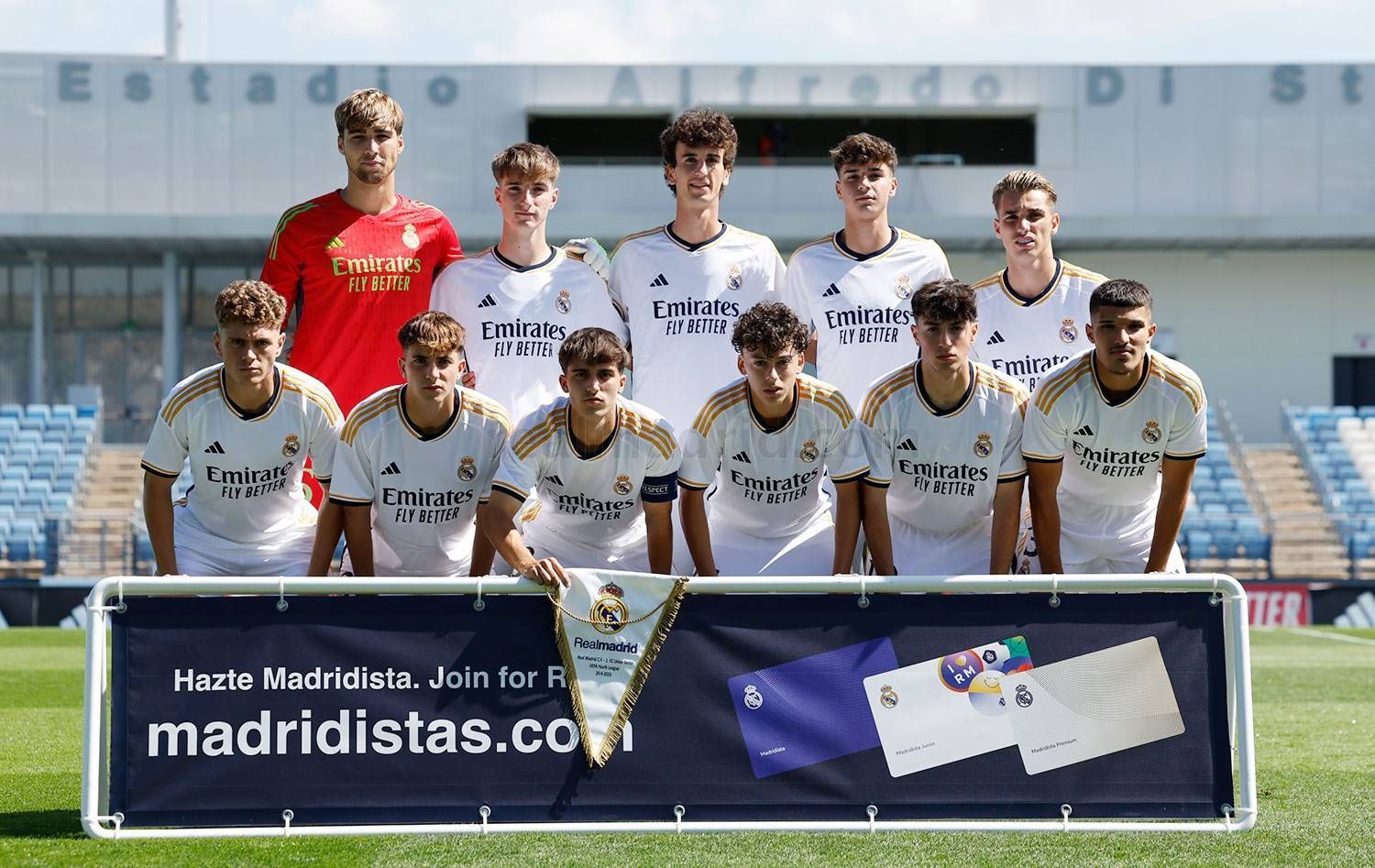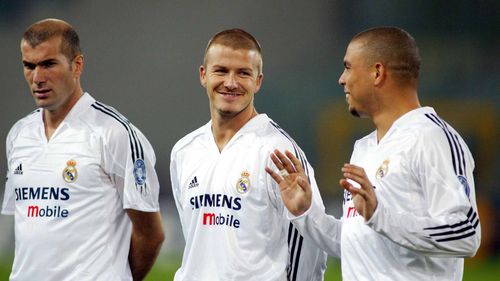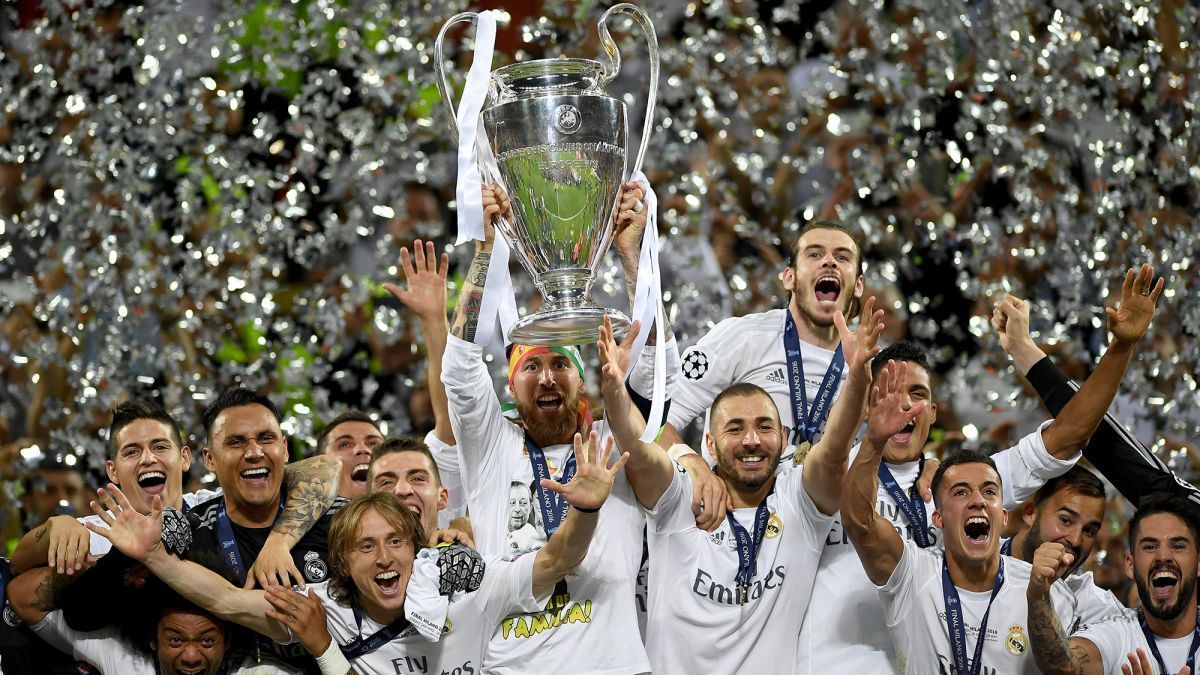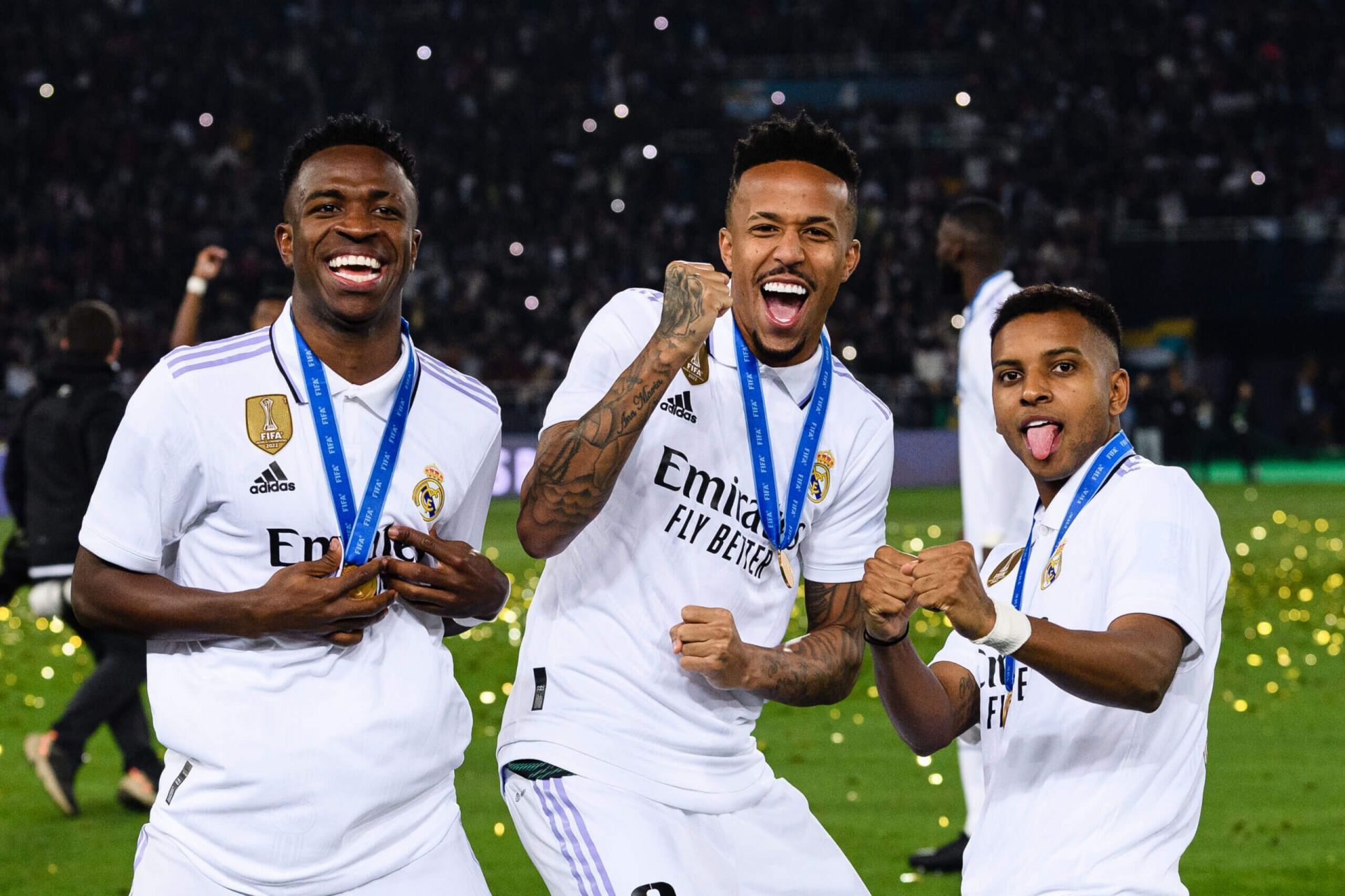
3 reasons why Real Madrid's academy is underrated
Real Madrid are one of the most successful football clubs in the world and perhaps, has the world’s most prestigious team with a rich history of multiple achievements. Most of their triumphs can be attributed to the incessant presence of top-class footballers within their squad.
There has, however, been a little dent in the reputation of the club regarding the difficulties placed on prospects emerging from its youth academy and their limited chances to fit into the first team.
While the club’s academy, La Fabrica, is credited for the quality of alumni it has produced over the years, it has not been the primary reason for Real Madrid's success over the years.
This has contributed massively to the frequent degradation of La Fabrica's talents in conversations about successful football academy systems across Europe.
Let’s examine why this has come to be.
#1 The "Galacticos" policy

Since the inception of Real Madrid president Florentino Perez, the "Galacticos" mentality has been installed in the club. The Spanish club has since signed some of the most valuable and talented players in the football world.
Players like Luis Figo (€60M), David Beckham (€37.5M), Zinedine Zidane (€77M), Ronaldo Nazario (€45M), Kaka (€67M), Cristiano Ronaldo (€94M), Gareth Bale (€101M), Eden Hazard (€115M), and recently, Aurielien Tchouameni (€80M) and Jude Bellingham (€103M) come under the list.
This is done for two reasons: economic relevance and winning consistency. Their fellow top-spending clubs have widely admired Madrid's ability to transit without deformation.
Nevertheless, paying little or no attention to home-grown talent has been the biggest weakness of this policy. Since the early 2000s, the club has continued to experience a declining number of players on the Spanish national team.
While the club’s academy, La Fabrica, is popular for its production of top-class players like Raul Gonzalez, Iker Casillas, Alvaro Morata, Juan Mata, Diego Lopez, Alvaro Arbeloa, Dani Parejo, Pablo Sarabia, et cetera, only a few of them have been successful at Real Madrid.
A report from the Spanish press, MARCA, revealed that many La Fabrica graduates had to leave the Madrid system to succeed in professional football. The graduates faced little or no belief in their attributes by the club, which was corroborated by the limited amount of game time.
Real Castilla's youth system has also groomed some bright talents over the years. However, many have failed to make an impact on the senior team at the level they would expect. The likes of Martin Odegaard, Brahim Diaz, Fernando Pacheco, Borja Mayoral, and Jese Rodriguez had few opportunities to prove themselves in the Spanish capital. Therefore, they all exited on cheaper transfer deals, bar Diaz, who is still a part of the club.
#2 European football and supporters’ demands

Real Madrid three-peated the Champions League under club legend Zinedine Zidane in 2015/16, 2016/17, and 2017/18. A feat that could prove difficult for any other European club due to the constantly developing nature of football on the continent as well as the escalating congestion of the match calendar.
Like any other elite club, Real Madrid are frequently in the market to find a supplement for their already stabilized positions. Moreover, having adopted an unorthodox winning formula, there is a minimal level of manager experimentation at the club.
Unlike clubs like Ajax, Barcelona, and Arsenal, whose managers are usually given time to work out their winning systems, Real Madrid has set the temperature of their football to consistently rest on the apex level of the game. Hence, every employed manager is expected to thread in that line.
Therefore, painted as a club with no room for errors, players who seek experience tend to leave the club on loan before any subsequent transfer.
#3 Sustained faith in Brazilian youths

Real Madrid’s newly found joy in the acquisition of South American talents has further hampered the chances of La Fabrica graduates. Prodigies like Vinicius Junior, Eder Militao, Rodrygo Goes, and Endrick are the most recent set of Brazilians to switch to Los Blancos.
This trend has, however, been in existence since the late '90s through the 2000s, with the arrival of Roberto Carlos, Ronaldo Nazario, Robinho, Marcelo, Kaka, Casemiro, and Danilo.
Undoubtedly, their undying interest in pursuing talents in the Brazilian league or of South American roots further downgrades their valuation of La Fabrica. What this could mean theoretically is that the feeder’s team has no option to consider should emergencies arise.
Realistically, La Fabrica is always an option, as it graduates players into Real Castilla seasonally. Yet, with limited openings to take advantage of in the senior team, players tend to fight for chances in clubs where it can be reasonably possible.
Real Madrid is the all-round embodiment of an elite club. And with such an impeccable club structure, it could carry on for many years. However, should it continue to underestimate its academy, La Fabrica could suffer from talent dispersal for many more years.